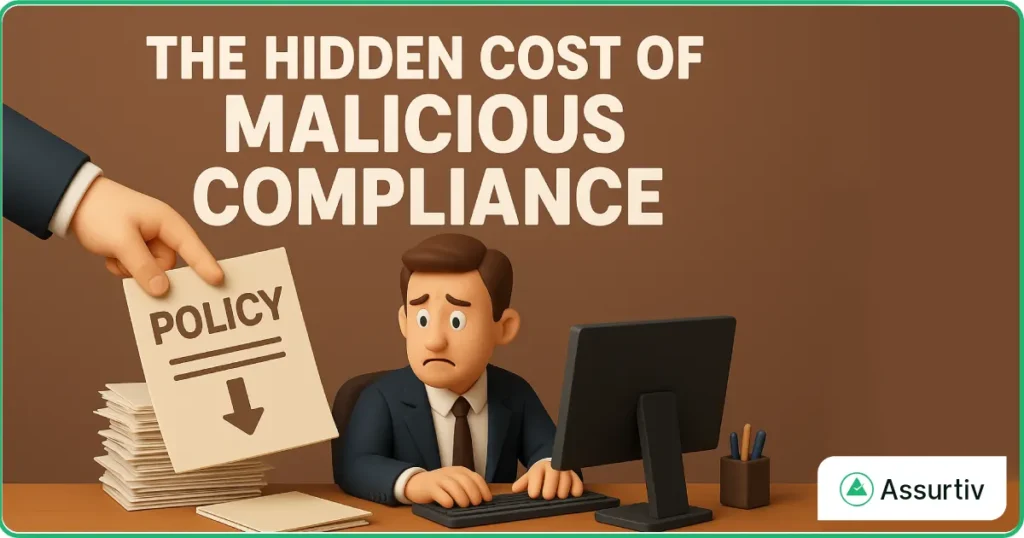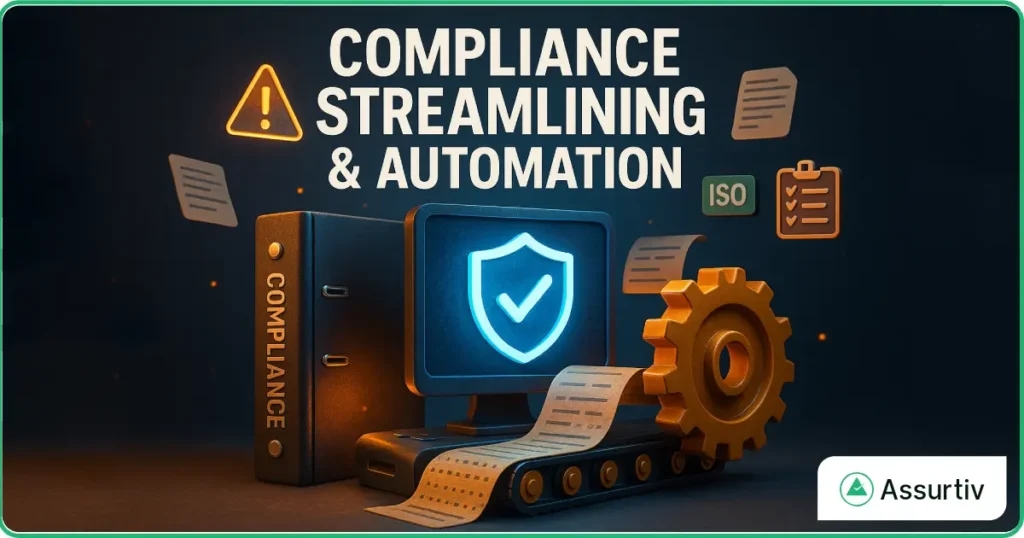Is Cloud Storage Safe? How the Right GRC Approach Can Protect Your Data
By assurtiv | Last Updated: 9 Jan 2025
 In today’s digital age, cloud storage has become a popular choice for storing everything from photos and documents to sensitive information. It’s convenient, accessible from anywhere, and often offers a sense of security. But, with growing concerns about data breaches and hacking, you might be wondering: is cloud storage truly safe for your personal data?
In today’s digital age, cloud storage has become a popular choice for storing everything from photos and documents to sensitive information. It’s convenient, accessible from anywhere, and often offers a sense of security. But, with growing concerns about data breaches and hacking, you might be wondering: is cloud storage truly safe for your personal data?
While cloud storage providers put in place strong security measures, no system is entirely foolproof. Let’s dive into the world of cloud storage, understand the risks, and explore how you can mitigate them to keep your personal data safe.
What Is Cloud Storage?
Cloud storage is a service that allows you to store data on remote servers instead of on your device or computer. Popular services like Google Drive, Dropbox, iCloud, and OneDrive offer this service. They keep your files in data centers and make them accessible online, ensuring you can access them from anywhere at any time.
The Risks: Can Your Data Be Hacked?
While cloud storage providers do offer robust security features, your personal data can still be at risk. Here are some potential threats:
- Data Breaches: Hackers constantly target cloud storage services. If there’s a breach, your personal information—photos, documents, financial data—could be exposed.
- Weak Passwords: Many individuals use weak or easily guessable passwords. If your password is compromised, hackers can access your data with ease.
- Phishing Attacks: Phishing scams trick users into revealing their login credentials by pretending to be a legitimate service. If you fall for such a scam, your account can be hacked.
- Lack of Encryption: Not all cloud storage services offer end-to-end encryption, which means your files are not always fully protected while in transit or stored on the server.
- Internal Threats: Sometimes, data can be accessed or stolen by people within the company, such as employees or contractors.
How a GRC Approach Can Keep Your Data Safe
You don’t need a team of security experts to keep your personal data safe—just a few simple steps from the world of Governance, Risk, and Compliance (GRC), minus the corporate jargon. Here’s how:
- Set the Rules (Governance): Think of them as house rules for your data. Keep access to your cloud storage limited to you (and maybe a trusted few). The fewer the people, the less the risk!
- Be Smart About What You Share (Risk Management): Don’t store everything in the cloud. Only upload what’s necessary—don’t give away the keys to your entire digital locker.
- Follow the Rules (Compliance): Just like wearing a seatbelt, use strong passwords, enable two-factor authentication, and keep your software updated. It’s basic digital hygiene.
- Stay Alert (Continuous Monitoring): Be your own digital security guard. Regularly check your accounts for suspicious activity and lock things down if needed (aka, change your password).
By following these simple steps, you’ll be using a GRC-inspired approach to keep your personal data safe without any hassle. It’s all about setting boundaries, staying aware, and protecting your digital life—like the superhero you are!
Is Cloud Storage Safe for You?
Ultimately, whether cloud storage is safe for you depends on how much care you take in securing your accounts. With the right precautions in place—strong passwords, two-factor authentication, encryption, and vigilance against phishing—you can enjoy the benefits of cloud storage without worrying about your personal data being compromised.
Conclusion
Cloud storage is a convenient and secure option for storing your data, but it’s important to take precautions to protect your personal information. Use strong passwords, enable two-factor authentication, encrypt sensitive files, and be cautious of phishing attempts. By
following these simple steps, you can minimize risks and enjoy the benefits of cloud storage with peace of mind. Stay vigilant, stay secure!




